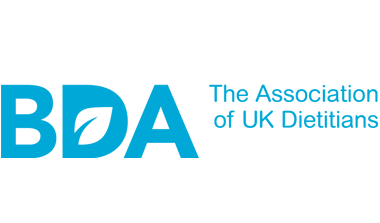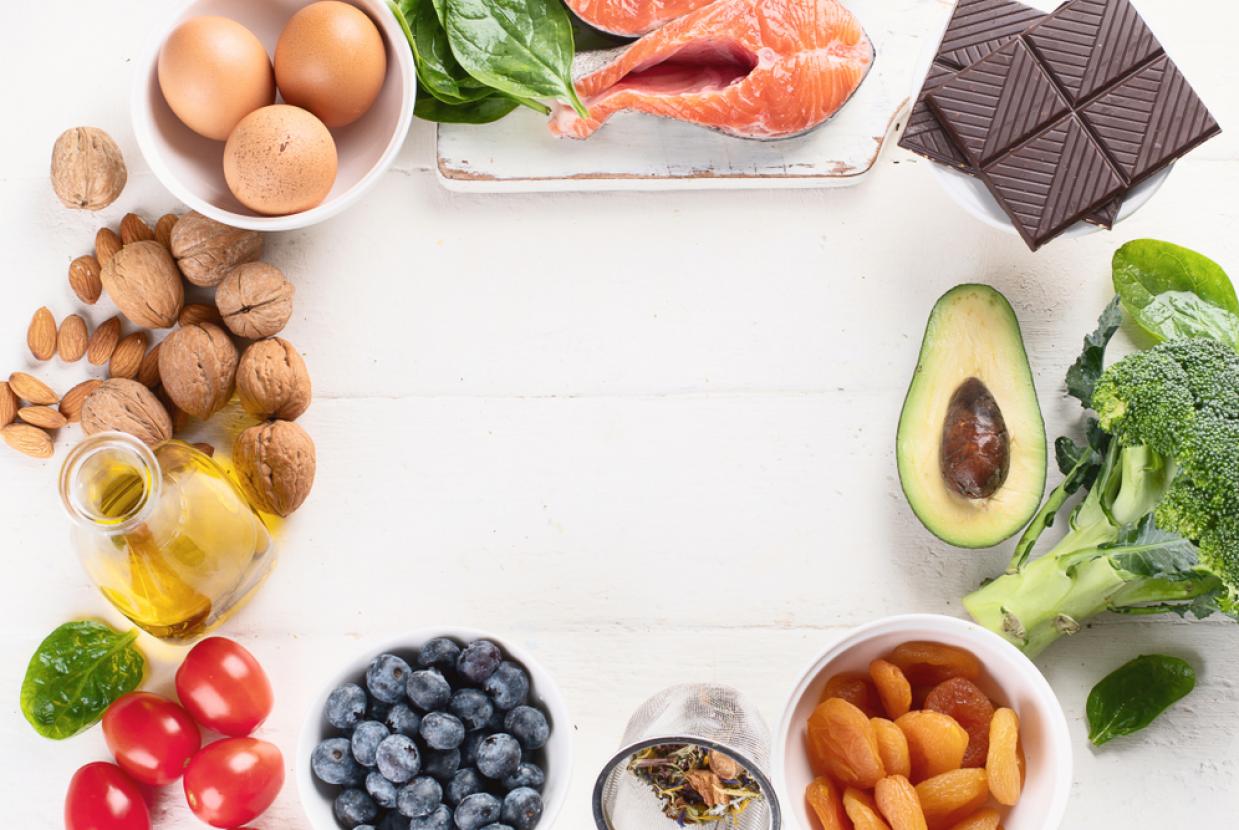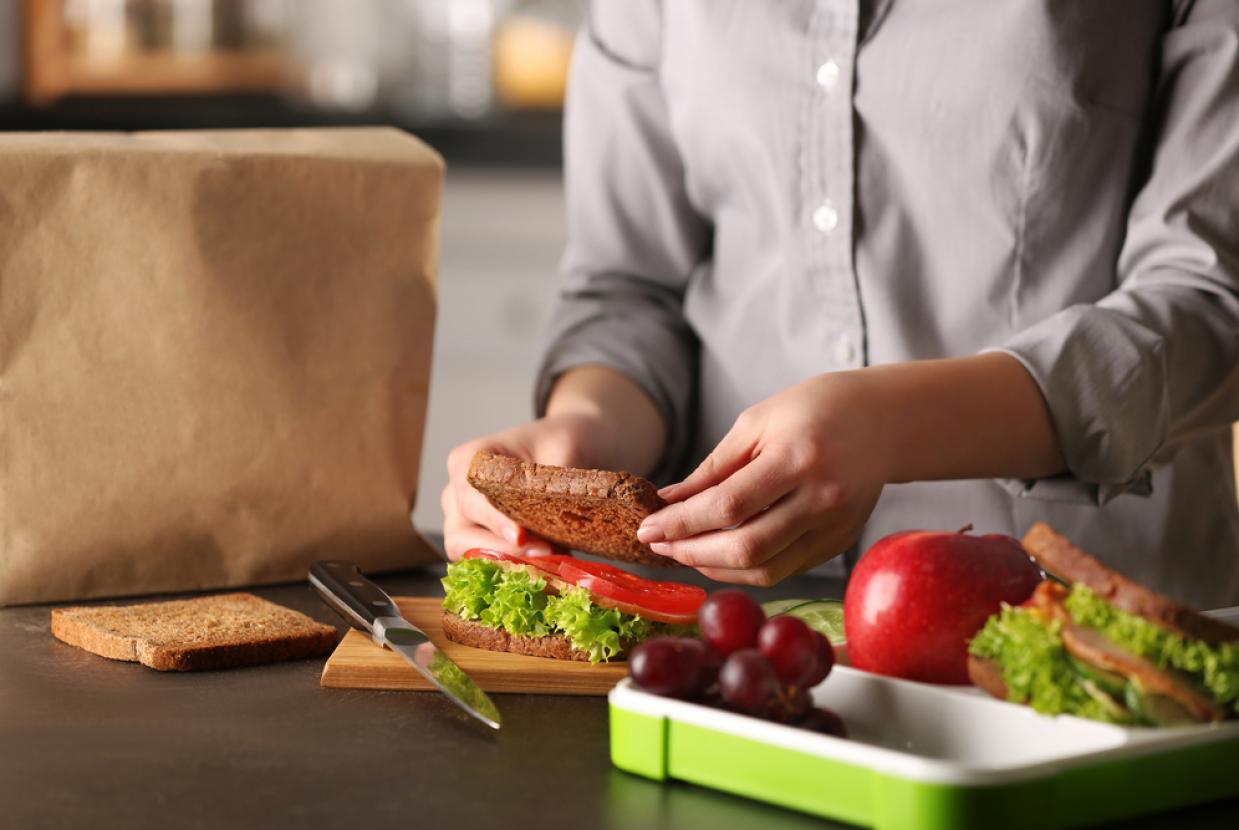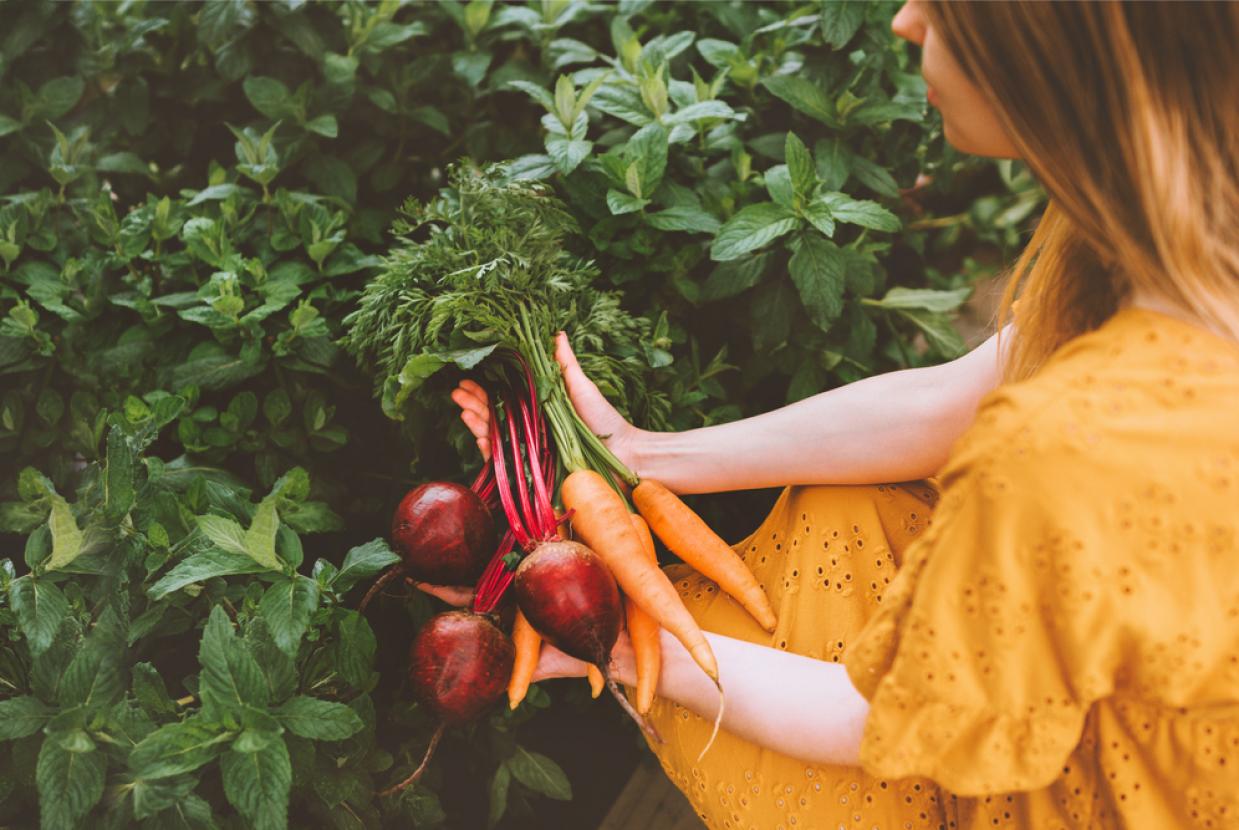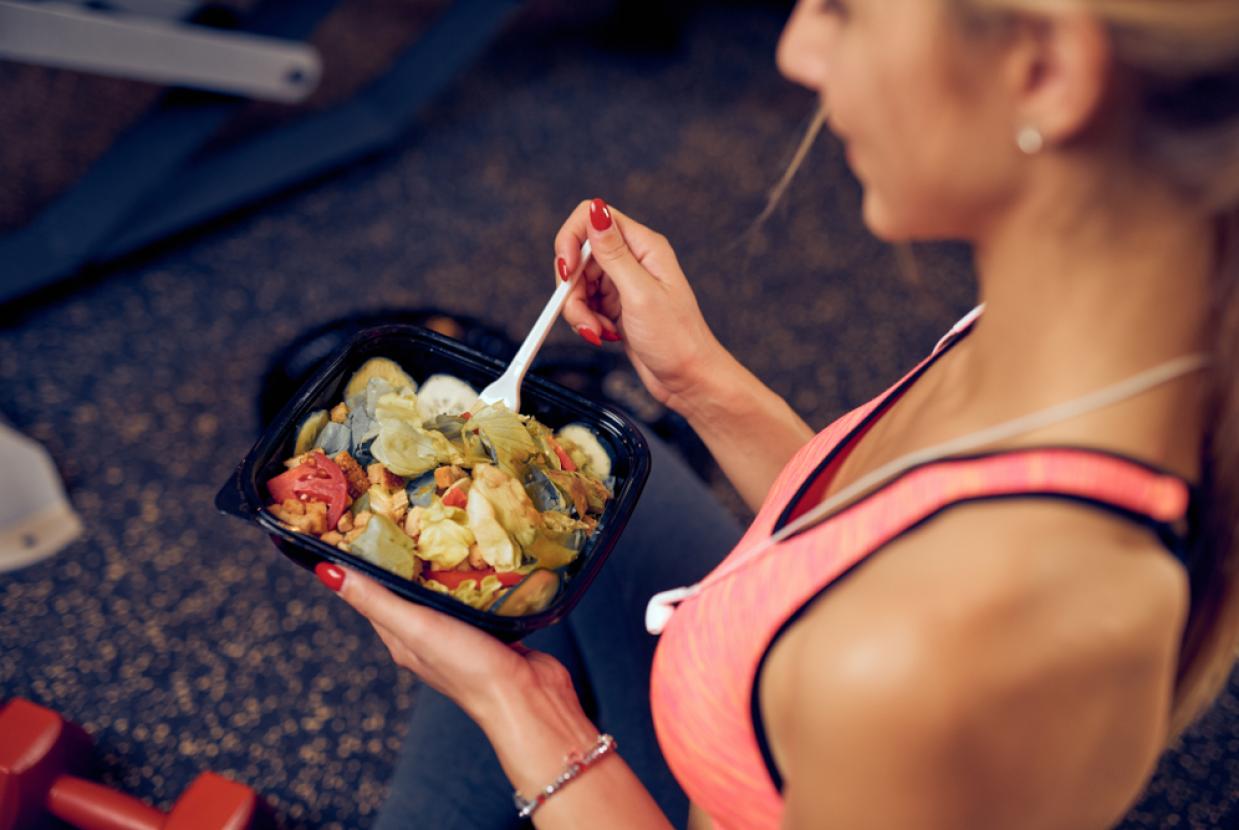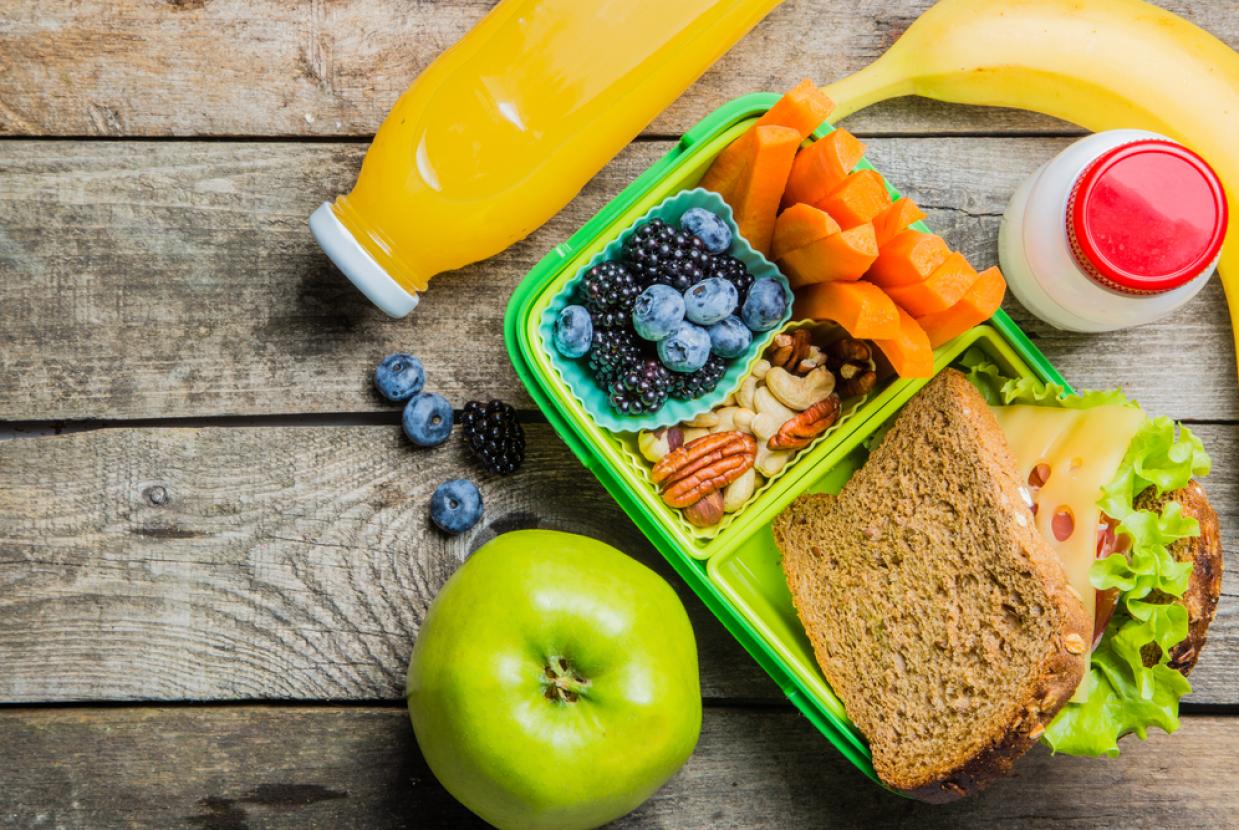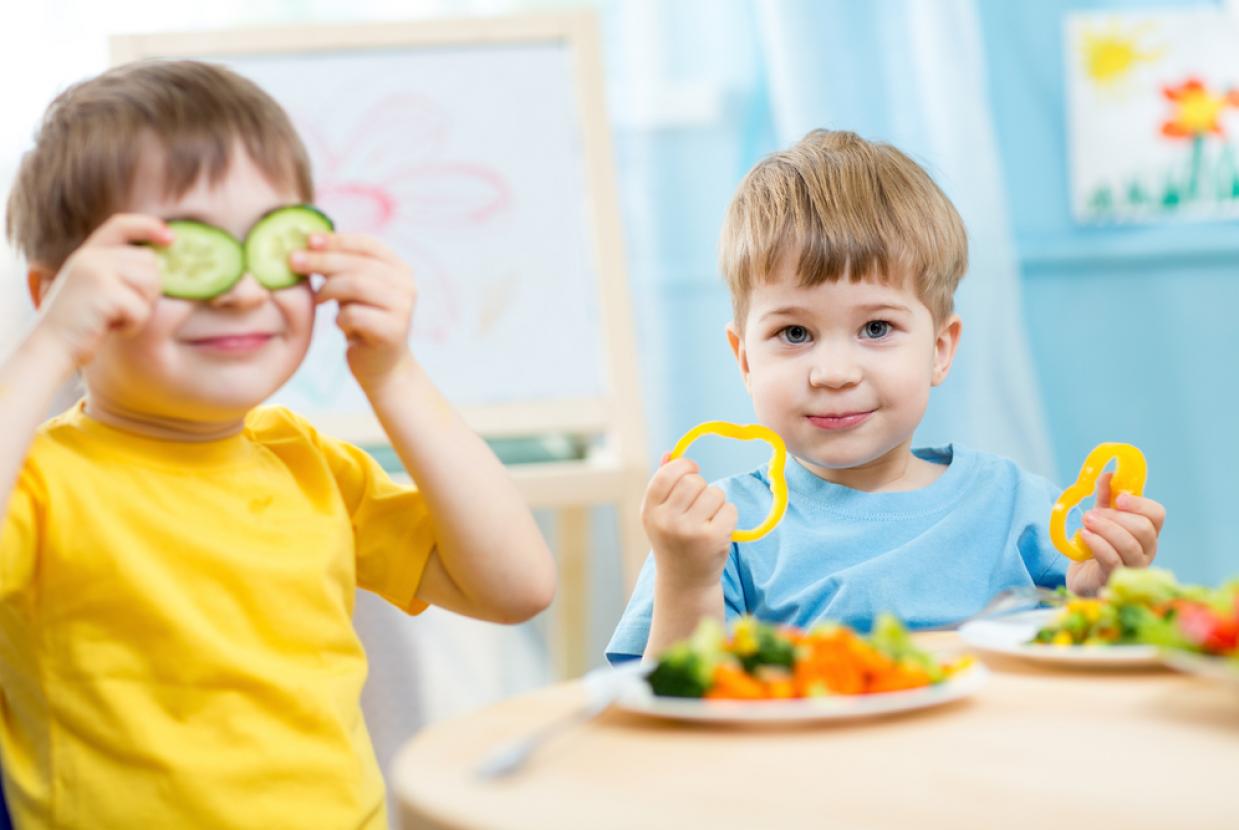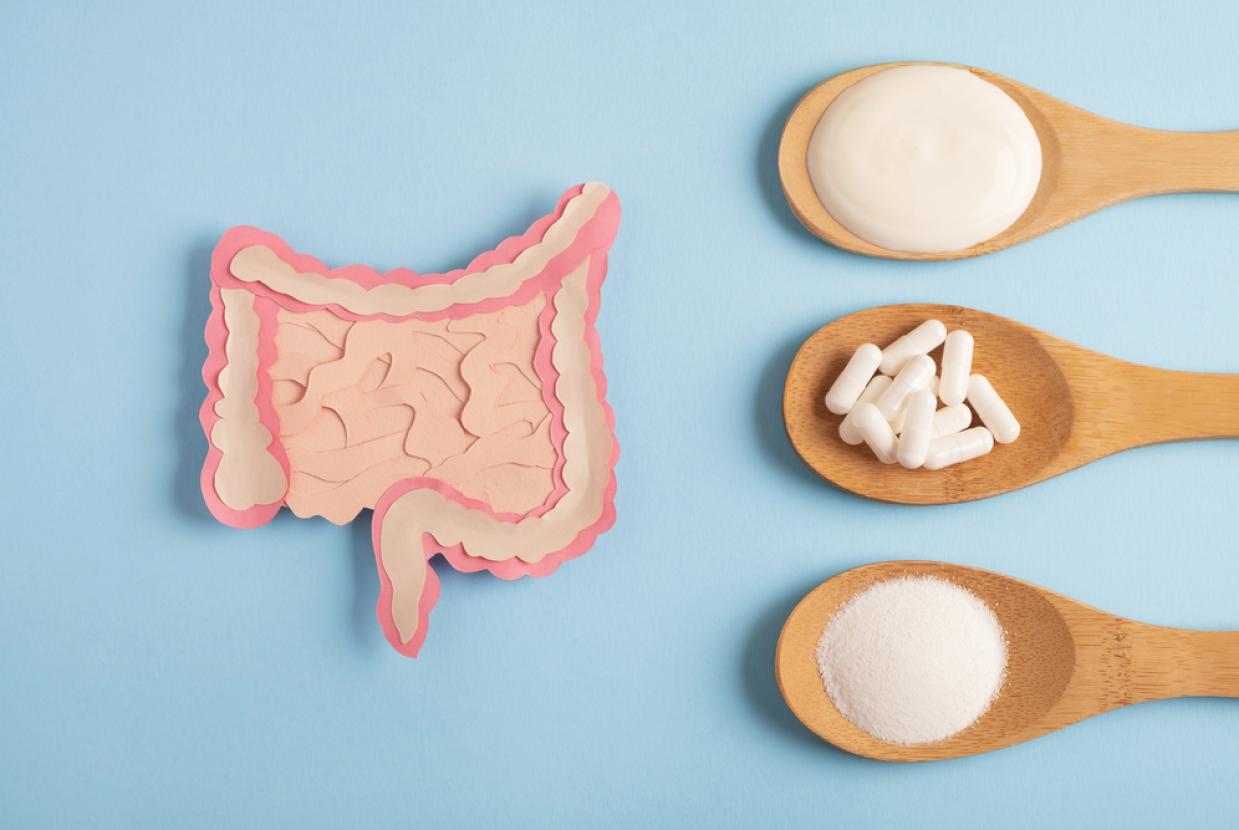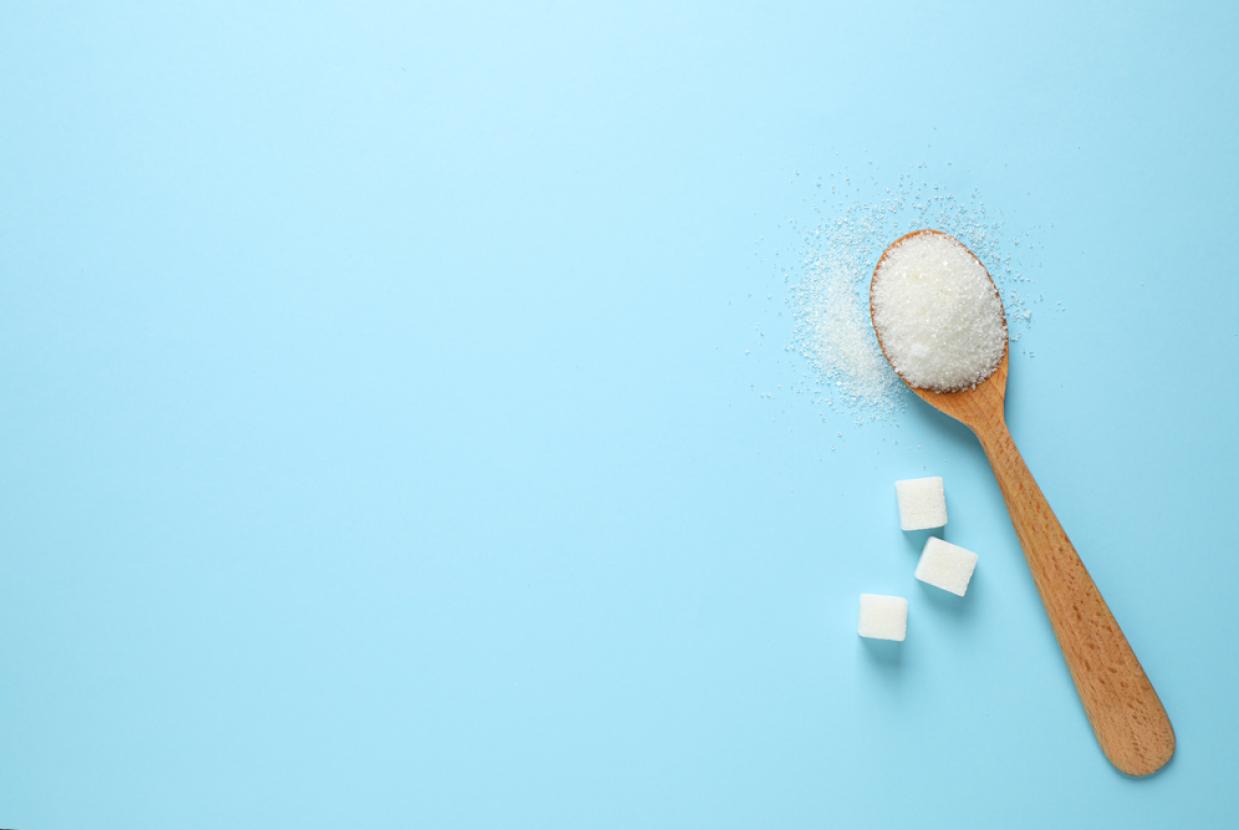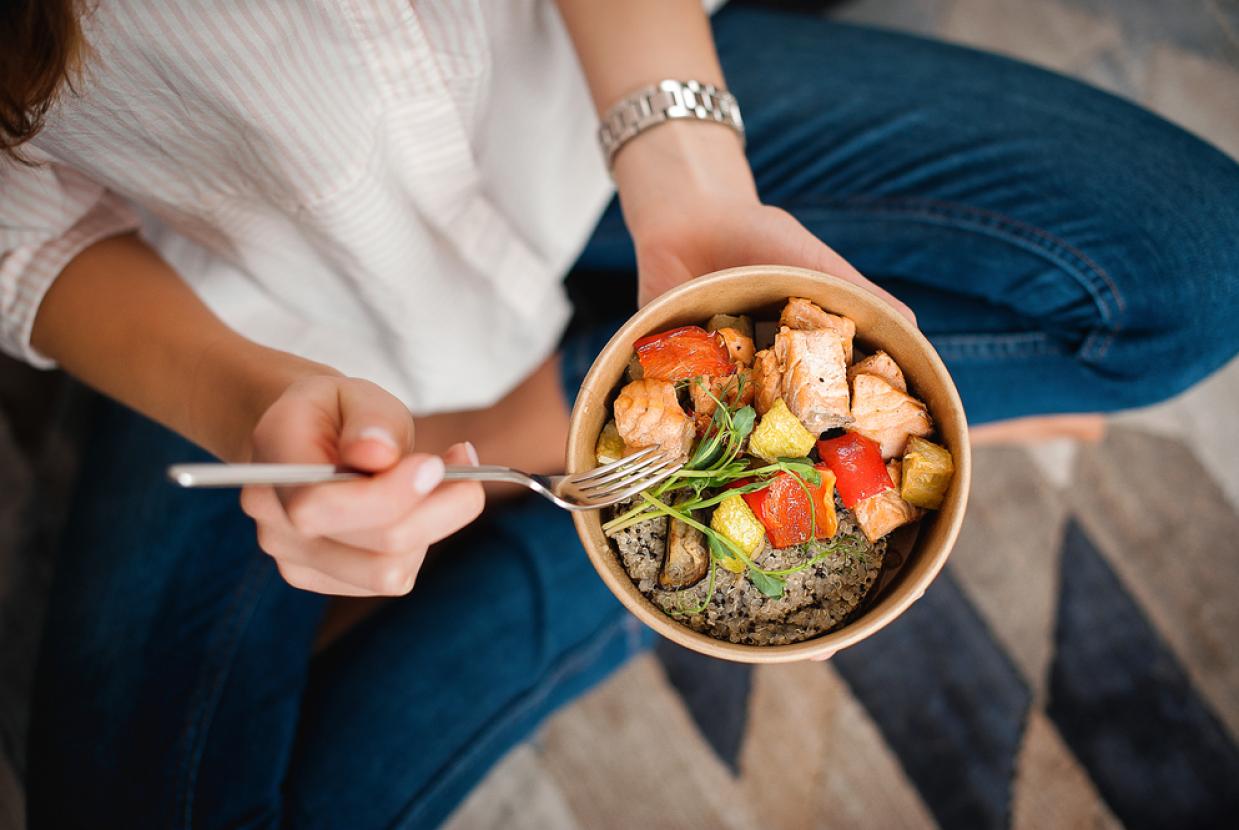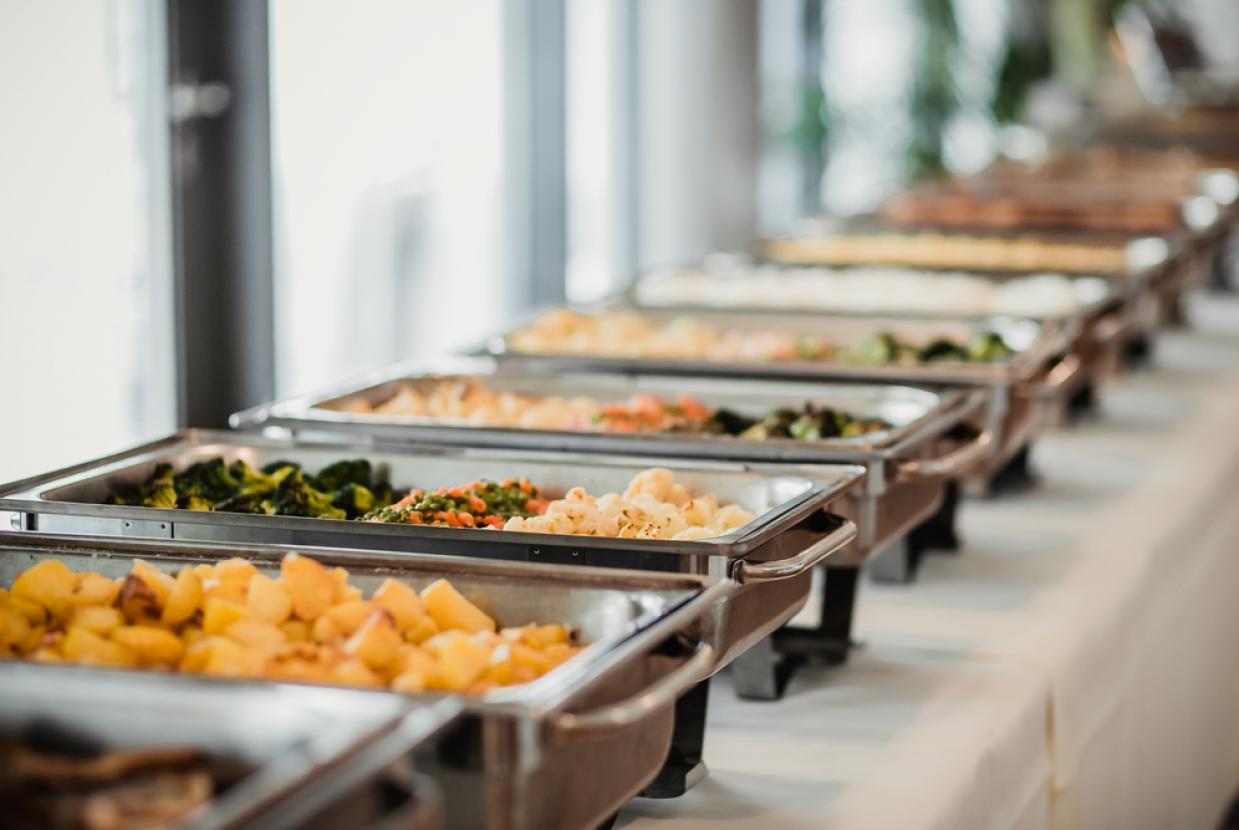Salt
This Food Fact Sheet looks at salt in our diet, how to identify foods containing too much salt and tips to moderate salt consumption and improve your health.
Salt and health
Our body tissues are made up of vast number of cells of different shapes, sizes and functions, and all of these cells require enough salt to function properly. Salt plays a vital role in transporting water around the body, and in transmitting messages between the brain and the rest of the body.
However, as with most things, too much salt in our diets can lead to problems such as water retention, raised blood pressure, and a higher risk of heart attack, kidney disease and stroke, so it’s worth keeping within safe limits.
Salt and everyday foods
Many everyday foods are not obviously salty, but they can contain high amounts of 'hidden salt'. While we may add salt to our food during cooking, or just before we eat it, about 75 per cent of the salt we eat is already added to the food we buy. Most of this comes from salt added to foods like processed meat products, snacks (such as crisps and biscuits), ready meals, soups and pasta sauces. Even breads and breakfast cereals can contain a lot of salt. Many manufacturers have recently made some positive changes to the amount of salt they add.
Making the decision to cut down on processed foods can make a big difference, and it's easier to do this if you are able to quickly check the salt content on food labels.
How do I know which foods contain a lot of salt?
Many food products in the UK display a ‘traffic light’ label to help you make a healthier choice. ‘Traffic light’ colours help you to see, at a glance, if a food has high, medium or low amounts of each of these nutrients in 100g of the food.
How much is too much for me and my family?
To get an idea of how much salt you consume in an average day, it can be helpful to look at the amount of salt per serving, which you should also find on the label.
The recommended limits of salt intake are:
- 2g/day for infants aged one to three years
- 3g/day for children aged four to six years
- 5g/day for children aged seven to ten years
- 6g/day for healthy people over 11 years
However, national food surveys show that many of us still exceed this recommendation by up to a third!
Be Salt Aware
- Use little or no salt in cooking – try using extra herbs and spices instead such as black pepper.
- Leave the salt shaker off the table.
- Cut down on salty processed foods and ready meals and try and make your own if you can.
- Check out food labels for salt and go for lower salt choices. There can be a really big difference between different types and brands.
- Use the traffic light labels on the front of packaging to help you make smarter choices.
- Compare salt levels among similar products and try to choose those lower in salt.
- Switch salty snacks (crisps, biscuits) for fruit, veggie sticks or non-added salt alternatives.
- Ask in restaurants and takeaways for no added salt.
- Be wary of gourmet salts and salt substitutes claiming to be better for your health than table salt – these product ranges are still likely to add some form of salt to your diet.
Foods worth checking for salt content
- Salted meats and processed meat products such as ham, bacon, sausages, pate or salami
- Ready-made and powdered soups
- Ketchup, soy sauce, mayonnaise, pickles
- Stock cubes, gravy powder and salted flavourings
- Tinned food containing salt
- Smoked meat and fish, prawns and anchovies
- Meat and yeast extracts
- Cheese
- Salted snacks like crisps, nuts, biscuits, popcorn
- Ready meals, sauces and takeaway meals
- Pasta sauce
- Bread and breakfast cereals
Sodium vs Salt: what’s the difference?
Salt is the everyday term we use for a chemical compound called sodium chloride; salt is made from two components, sodium and chlorine, which give salt this chemical name. Although legislation does not require it, some manufacturers may still quote sodium content on their labels. When thinking about salt intakes, it’s important to know that each 1g of sodium translates to 2.5g of salt, and to take this into account when looking at how much salt you have day-to-day.
Summary
Most of us are still eating too much salt. High salt intakes lead to high blood pressure that can pose significant health risks. Reducing your intake of salty foods can dramatically improve your health outcomes. Simple steps that can reduce salt intake include adding less salt during cooking and at the table, eating less processed foods and being aware of food labels and choosing lower salt options.



